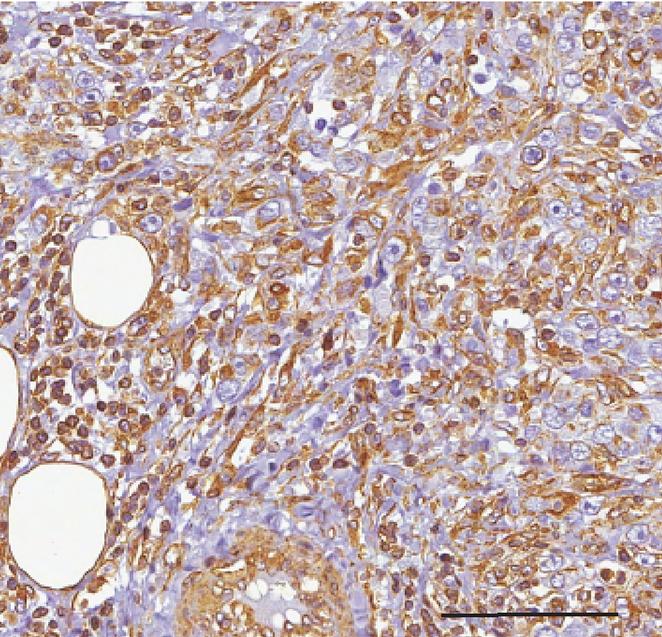
miRNAs unmask vulnerability in breast cancer stem cells
Researchers in Italy have identified a pair of microRNA molecules, miR-146A and miR-, help maintain a population of breast cancer stem cells
The study results, published in the Journal of Cell Biology, reveal that targeting these microRNAs sensitivies cancer stem cells to certain chemotherapies and could potentially reduce the number of relapses in patients with aggressive forms of breast cancer.
While only growing slowly and thus being therapy-resistant, cancer stem cells initiate tumour growth and give rise to the various cell types found in tumours. Moreover,cancer stem cells can promote tumour relapse and metastasis after initial rounds of treatment. In breast cancer, for example, tumors containing a relatively high number of cancer stem cells have a much poorer prognosis than tumors with fewer stem cells. One class of molecule that might help cancer stem cells to persist within tumors is microRNA that control the fate and identity of cells by regulating the levels of hundreds of longer, protein-encoding "messenger" RNAs.
"We wanted to identify microRNAs required for the maintenance of normal mammary stem cells that are inherited by cancer stem cells and could represent potential therapeutic targets in breast cancer," says Francesco Nicassio, a principal investigator and Center Coordinator of the Center for Genomic Science at the Italian Institute of Technology in Milan.
In the current study, Nicassio and colleagues identified two closely related microRNAs, miR-146a and miR-146b, that are present in breast cancer stem cells as well as normal mammary stem cells. Indeed, the levels of these two microRNAs tended to be highly elevated in aggressive breast cancers that have a a poor prognosis.
The researchers found that miR-146a/b are required to maintain the pool of cancer stem cells. Depleting these two microRNAs from patient-derived cancer cells reduced the ability of these cells to form new tumours in mice xenografts. Nicassio et al. found that reducing the levels of miR-146a/b made breast cancer stem cells over 20 times more sensitive to methotrexate, significantly improving this metabolic inhibitor’s ability to restrict tumour growth in mice.
"While the molecular details remain to be determined, our results clearly show that reducing miR-146a/b levels represents an attractive approach to overcome some forms of drug resistance in the clinical setting, unmasking a ‘hidden vulnerability’ exploitable for the development of anti-cancer stem cell therapies," Nicassio says.


 Immunic/Nela Dorner
Immunic/Nela Dorner
